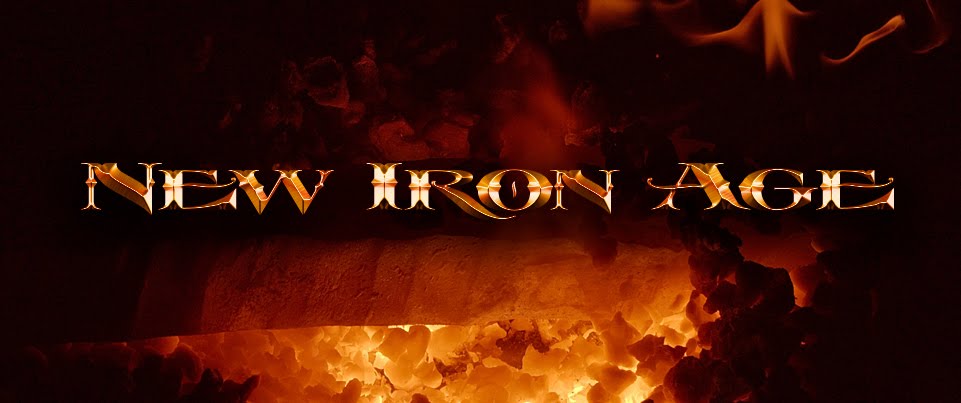Obviously,
the subject of violence is kind of a big one in Sword & Sorcery
fiction. The very roots of the genre are set it adventure fiction,
with its swordfights, gun battles, narrow escapes, and chases, and
the mold of the genre were set early by Howard and his rough-hewn,
quintessentially violent heroes. S&S characters don’t solve
their problems by talking them out, they solve them by hacking them
up with axes and swords.
Howard
was a product of the Texas borderlands, only a generation removed
from the frontier days when men habitually went armed and real
violence was a fact of everyday life. He also grew up during the oil
boom, and saw up close how rough, lawless men handled disputes. As
the son of a doctor he probably saw his share of blood and wounds,
and he maintained a fascination with boxing and personal combat all
his life. Violence was definitely in his blood, so to speak, and it
found its way into the stories he told.
All
subsequent S&S authors have included violence as an element in
their stories, and it’s not like you can get away from it.
Creators differ in how much they include, and in how they treat it.
Leiber’s swordfights are much more in the tradition of theatrical
duels, with a lot of technique and not a lot of blood. He often
pitted his heroes against inhuman opponents, so their deaths would
not be as gruesome. Several of his tales, feature very little
express violence at all.
Moorcock
was more liberal with his swordplay, but he always highlighted the
essentially tragic nature of his worlds with it. The greatest
incidents of violence in the Elric stories are always leavened with
some kind of regret. Either this was violence the hero did not want
to engage in, or it had some unintended effect that was only apparent
afterward. Violence is never cathartic in a Moorcock story.
If you
study Howard’s works, you often see how he employed violence with a
deliberate precision at odds with his reputation. For a lot of his
narratives, the violence is implied. It is spoken of, or the
evidence of it is seen, but we don’t see it ourselves. But when he
finally gets to it, he really goes after it with a zeal very few
modern writers have ever matched. He didn’t candy-coat his fight
scenes, and heads fly and entrails are spilled with no flinch from
the author.
Some of
the luridness of his approach was because he wrote characters that
did not fear violence, but sought it out. Howard’s heroes are
never reluctant combatants. They are barbarians, wanderers, outlaws,
berserkers, and pirates, who all lust for action and never flinch
from the clash of steel. It is, in part, this distinctly primitive
attitude that makes his stories so vital and so vivid.
This
invitation to violence in the genre has led to a lot of second-rate
authors misunderstanding the place of violence and gore in their
imitations of the masters. I have read plenty of stories that are
eager to spill blood or engage in sometimes uncomfortable levels of
torture or mutilation without considering what purpose the elements
serve in the narrative. Like any other tool, violence must be used
for a reason, and for a specific effect. Adding excitement is a
perfectly valid reason to use it, but too often, this fails as well.
Because
a fight scene has to have its own narrative, pacing, and story beats.
You are telling, in effect, a smaller story inside the larger one.
There has to be threat, rising action, escalating stakes, climax –
all of it. A good fight scene does not just stop the story dead
while we wait to see who won, it tells us more about the characters
as they do battle. The label “Sword & Sorcery” is not a free
pass to engage in pornographic gore and violence. Because you are
dealing with such strong elements, they have to be handled with care,
and ironically a very fine sense of taste, otherwise works are
produced with bring down the entire genre.






